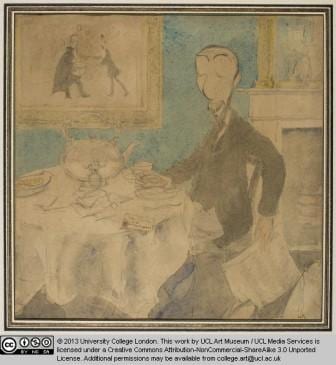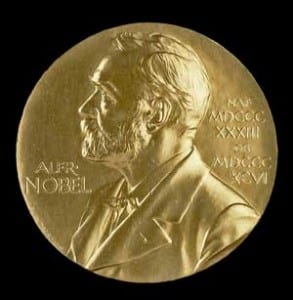The Evils Of Helium Balloons…and why you shouldn’t use them this holiday season.
By Nick J Booth, on 3 December 2015
Tis the season to be Jolly! We’re into the time for celebrations, festive cheer and office parties, drinks, mince pies and holiday decorations. And yet using some of those decorations could have serious consequences for us in the future, I’m talking of course about the menace that is… helium filled balloons.
Helium and UCL have a long and entwined history. Sir William Ramsay first identified it on earth on March 26th, 1895, in his UCL lab (now an artist’s studio in the Slade School of Art) and it was this, along with his discovery of argon, neon, krypton and xenon, that won him the Nobel Prize for Chemistry in 1904. There’s a couple of labs named after him, and arguably without him our neighbouring area of Soho would look very different (as helium is used in ‘Neon’ signs). (more…)
 Close
Close




